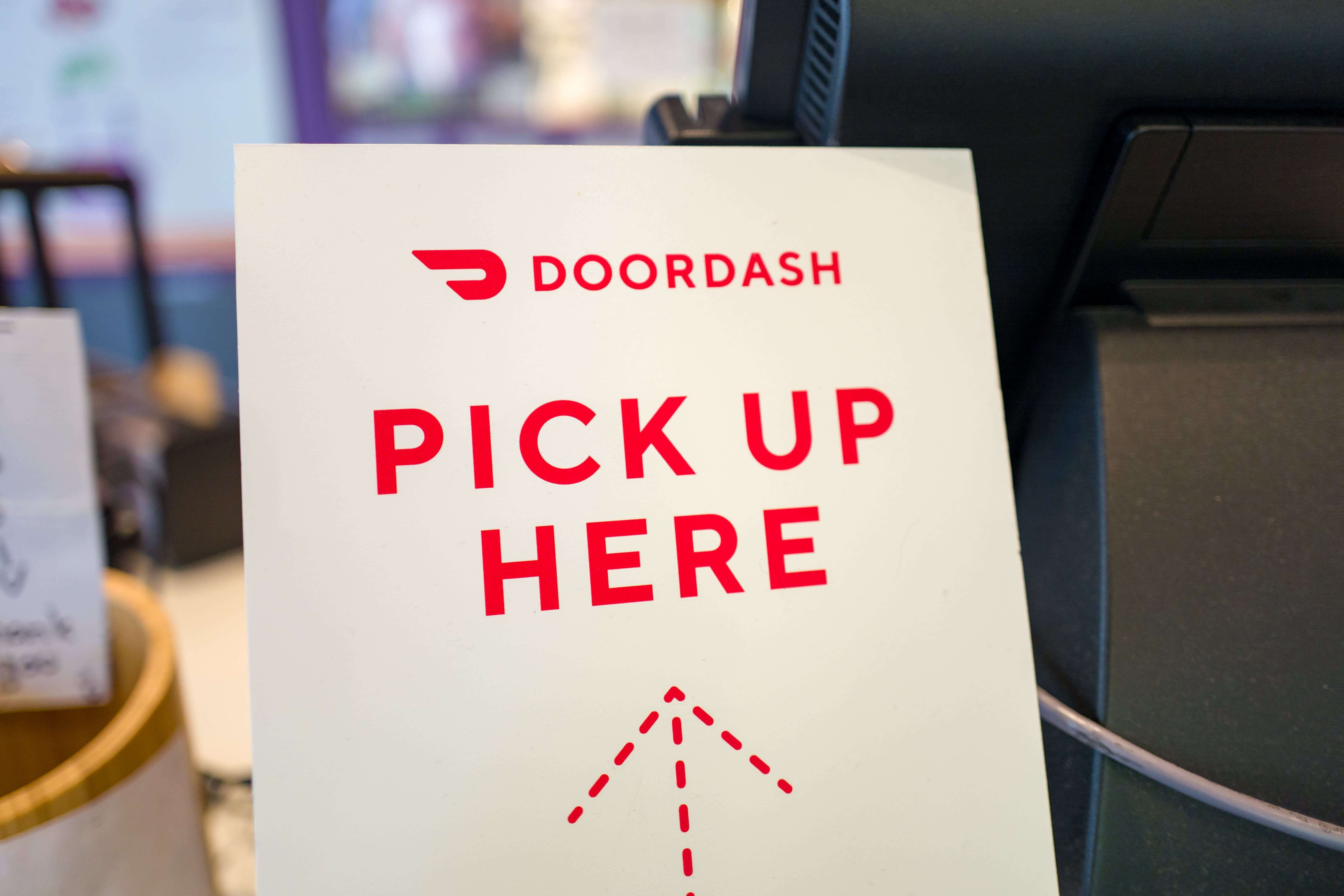DoorDash debut is a lesson in placing market orders, Jim Cramer says

DoorDash‘s red-hot market debut is a lesson in placing orders to buy stocks on the market, according to CNBC’s Jim Cramer.
“It’s true that people using market orders took DoorDash to levels that maybe … were far higher than they thought they’d have paid,” the “Mad Money” host said after DoorDash shares closed 85% higher on Wednesday than the $102 price in the initial public offering.
DoorDash shares sold for $182 apiece when trading began in the secondary market, a big jump from what the company was valued at in the IPO.
Investors who place market orders through a stockbroker buy, or sell, equities at the best available price on the market, giving up control of making a transaction at a predetermined desired price. Limit orders give investors more control over the transaction price.
“With a market order, you never know what price you’re going to get, which is why I always tell you to use limit orders,” Cramer said. “With a limit order, the transaction won’t go through if the price goes beyond the level you’re comfortable with.”
Cramer’s comments come after the major averages declined during the trading day. The Dow Jones slid 105 points, or 0.35%, to 30,068.81 and the S&P 500 dropped 0.79% to 3,672.82. The Nasdaq Composite tumbled almost 2%, ending the day at 12,338.95.
“The averages were holding up fine until we saw where DoorDash was headed,” Cramer said. “That’s when the market rolled over.”
The stock of DoorDash, the leading U.S. food delivery company joining GrubHub and Uber on the public markets, closed at $189.51, giving the company a $60.2 billion market cap. Market players valued DoorDash nearly twice the $32.4 billion in the IPO.
Earlier this week, Cramer advised that investors pay no more than $100 per share on the secondary market, which was below the IPO price the company later settled on. He also said to refrain from chasing DoorDash, which priced much higher than its prior target ranges. That was the domino that put pressure on the market, according to Cramer, who likened it to a teetering Jenga tower, sending the indexes down.
“After a remarkable, borderline miraculous run for the broader market, a piece had been pulled that sent a big chunk of the thing tumbling down,” he said. “We have to hope the rest of the Jenga tower doesn’t fall, but there’s a reason I’m always warning you about the danger of big IPOs to the rest of the market.”
With Airbnb’s public debut coming Thursday in what could be an even bigger deal than that of DoorDash’s, he’s convinced the broader market declines are not over. As for Airbnb’s hyped-up offering, Cramer is advising investors to resist paying above $85 per share on the open market on the first trading day.
“I have to believe that, actually, we could see the same thing tomorrow, and that will produce two back-to-back really ugly days, bringing out a lot of bears,” Cramer said.
“I don’t think this will slay the bull market,” he added, “even if it weighs us down for a few days.”




